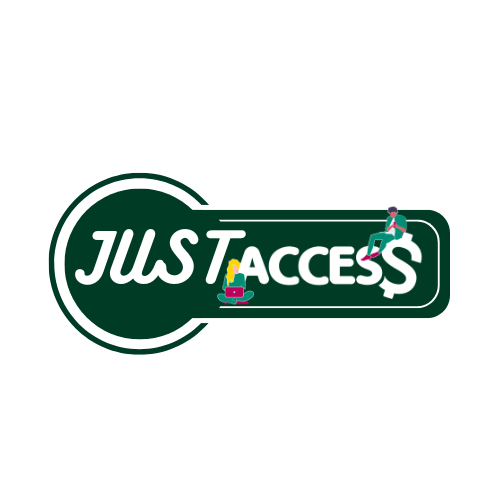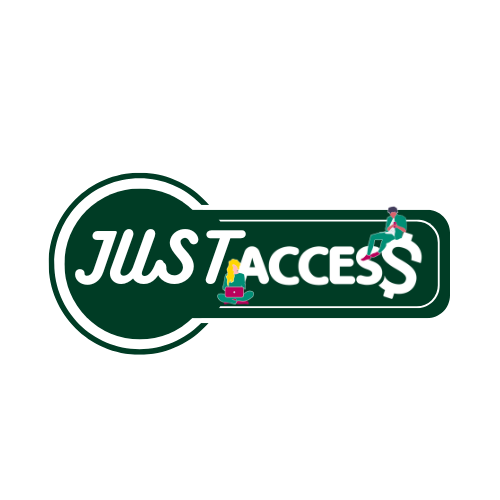-
News Feed
- EXPLORE
-
Pages
-
Groups
-
Events
-
Blogs
-
Marketplace
-
Funding
-
Developers
The True Monsters: Are We Accessories to One-Way Relationships?

Why do we tolerate relationships where one person takes endlessly while the other gives until there’s nothing left? Why do we accept this imbalance, excuse it, and sometimes even defend it? One-way relationships are all too common—between friends, family members, partners, or colleagues—and yet, they often persist without question. But is the taker always to blame? Or do we, the ones who enable, carry some responsibility for perpetuating the dynamic? At what point does our acceptance of this imbalance make us complicit in our own exploitation?
What drives us to give so much, even when it’s clear the other person isn’t reciprocating? Is it fear? Fear of what will happen if we say no, set a boundary, or push back? Fear of losing the relationship altogether? Fear of conflict? These questions linger in the background of every one-sided relationship, silently influencing our decisions. But what is it we’re truly afraid of? Is it the loss of the person who takes, or the uncomfortable truth that without this dynamic, we might have to confront who we are without our role as the giver?
And what about hope? Is it hope that the taker will one day see the imbalance, appreciate us, and start giving back? Hope that things will change without us having to take the difficult step of demanding more? But how often does that hope materialize? If someone has grown comfortable taking, if their needs are always met without effort, what incentive do they have to change? Is our hope, then, not a form of denial, a way to avoid acknowledging that the relationship is fundamentally unbalanced?
Or perhaps it’s loyalty. We tell ourselves that we owe something to this person, that history, love, or obligation binds us to them. But is loyalty truly about giving endlessly, even when it costs us our own well-being? Or is this version of loyalty just a convenient justification for staying in a dynamic that is easier to endure than to challenge? At what point does loyalty become a trap, tethering us to people who take us for granted?
There is also the question of identity. In one-way relationships, the giver often derives a sense of self-worth from their role. “I’m the one who’s always there,” we tell ourselves. “I’m the strong one, the reliable one.” But is this identity fulfilling, or is it a mask that hides the deeper pain of being unappreciated? Are we clinging to this role because it’s easier than admitting that we deserve more than what we’re getting? Are we afraid that without this role, we might not know who we are?
If we look deeper, one-way relationships are not just about what the taker does—they’re about what we allow. Enabling is an act of permission. It’s the decision to tolerate imbalance, to accept less than we deserve, to remain silent in the face of exploitation. When we excuse the behavior of the taker, when we tell ourselves “this is just how they are” or “it’s not worth the fight,” are we not reinforcing the very dynamic we resent? Are we not, in some way, teaching them that this behavior is acceptable?
And what about the consequences of enabling? When we allow someone to take without limits, what message are we sending? To the taker, it says, “This is okay.” To ourselves, it says, “This is what I’m worth.” Are we not, then, complicit in our own unhappiness? Are we not accessories to the imbalance, perpetuating a dynamic that we claim to despise? Is it really the taker who holds all the power, or is it our refusal to challenge the status quo that keeps the cycle alive?
If we step back and look at the broader picture, we must ask: who are the real monsters in one-way relationships? Is it the person who takes, or is it the silence, the fear, the excuses, and the enabling that allow them to keep taking? Are we not, in our own way, contributors to the harm we endure? And if so, how do we break free from this cycle? How do we confront the uncomfortable truth that the change we seek must begin with us?
It’s easy to focus on the taker as the villain, to externalize the blame and see ourselves as the victim. But is this perspective entirely honest? If we continue to give without question, if we excuse and enable, are we not choosing to remain in the dynamic? Are we not, in some sense, building the very cage we feel trapped in? And if that’s the case, what stops us from breaking free? Is it fear of being alone? Fear of being wrong? Fear of having to redefine who we are without the taker in our lives?
Perhaps the hardest question of all is this: what are we waiting for? Are we waiting for the taker to wake up one day and suddenly change? Are we waiting for the perfect moment to confront the imbalance? Are we waiting for someone else to validate our feelings, to give us permission to demand more? And if we’re always waiting, how much of our lives are we willing to sacrifice to maintain this one-way relationship?
The truth is that one-way relationships persist because we allow them to. The taker cannot take without our permission, implicit or explicit. The imbalance cannot thrive without our silence. And the cycle cannot continue without our participation. If we want things to change, we must stop focusing solely on the taker and start questioning our own role. Why do we enable? Why do we excuse? Why do we stay?
The real monsters in one-way relationships are not just the people who take—they are the dynamics we create, the silence we maintain, and the excuses we cling to. They are the fears and insecurities that keep us tethered to something that drains us, the stories we tell ourselves about why we can’t leave or demand more. If we want to free ourselves, we must confront these monsters within us. The question is: are we ready to do so? Or will we continue to feed the very cycle that harms us?
- Audio & Video
- Art & Crafts
- Causes
- Dance
- Drinks
- Fitness
- Food & Drink
- Games & Gaming
- Gardening
- Health
- Home Improvement
- LGBTQ
- Literature
- Music
- Networking
- News
- Partisan Politics
- Religion & Spiritual
- Shopping
- Sports & Recreation
- Reviews
- Theater
- Wellness


